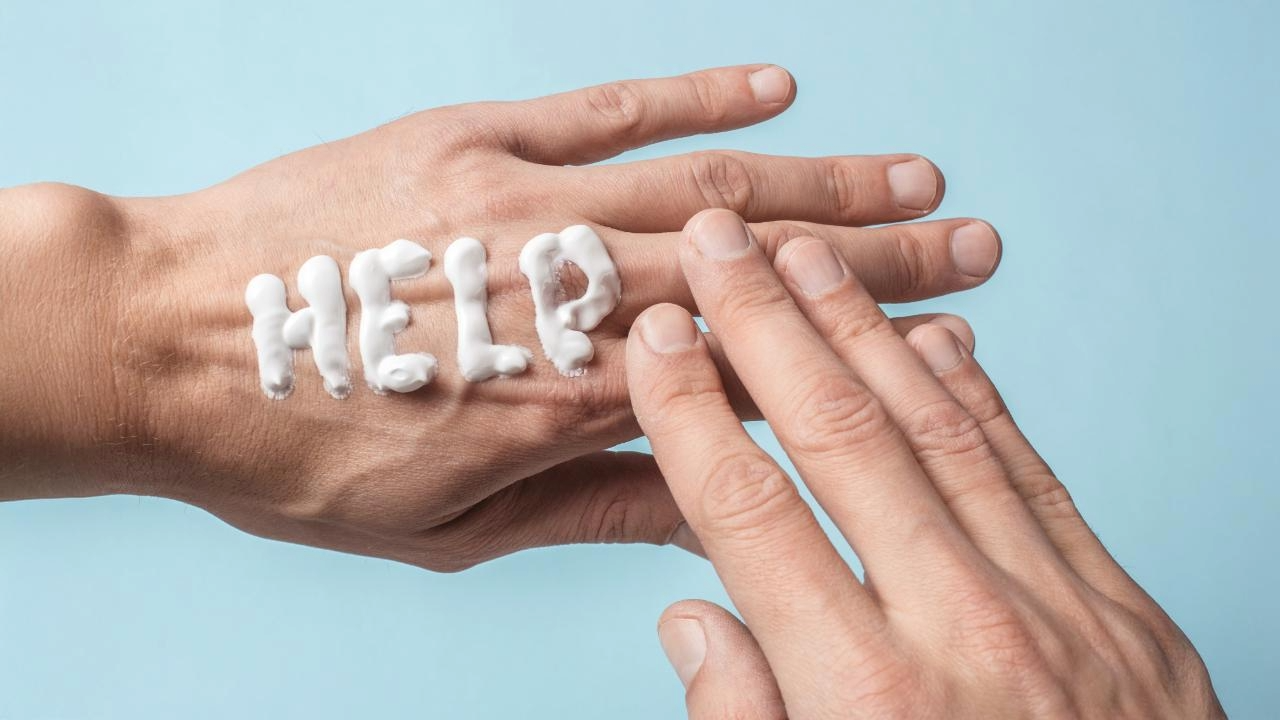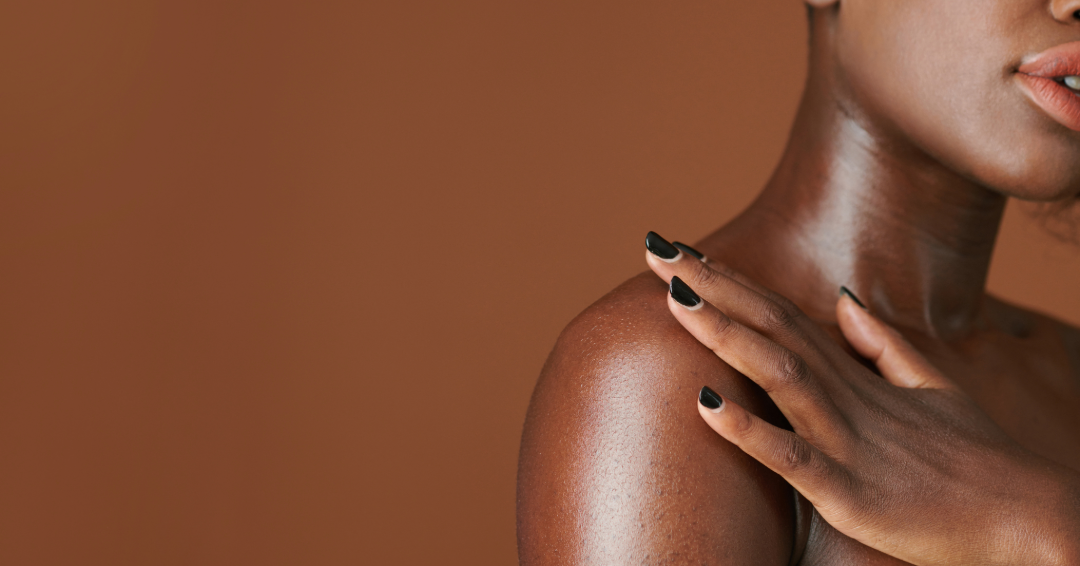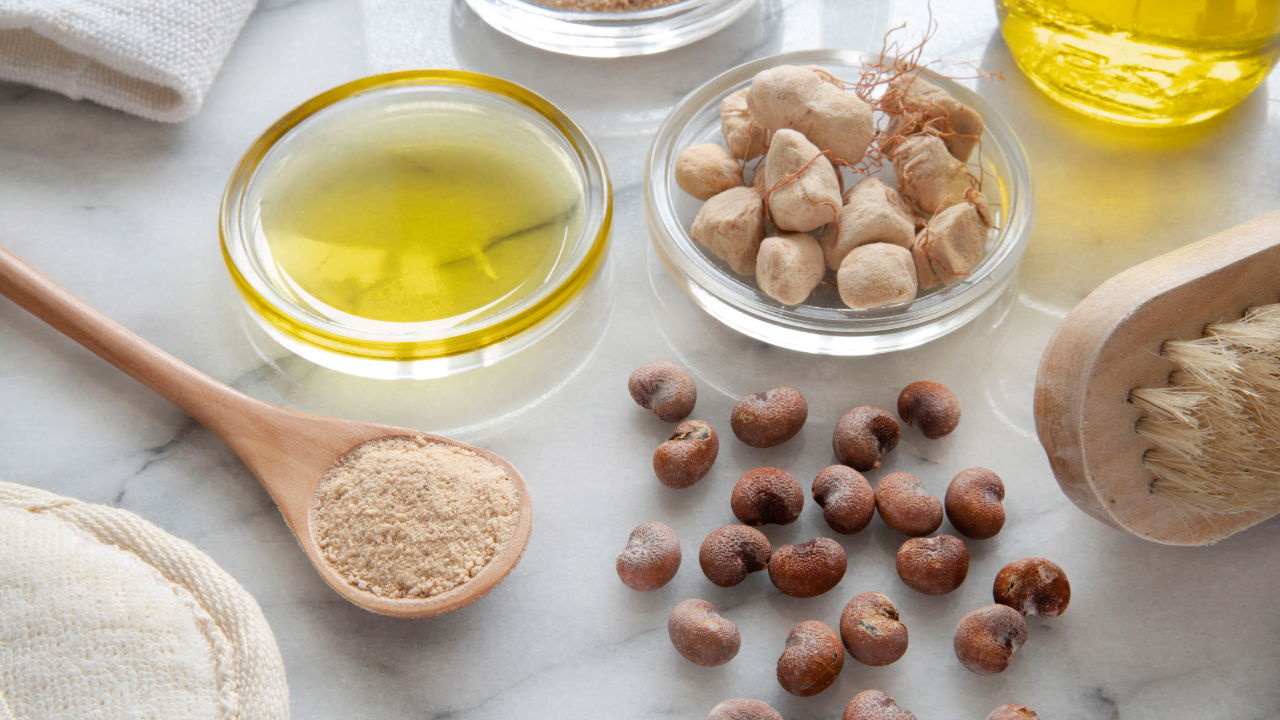Baobab and jojoba oil are plant-based oils used in skincare and hair care products. Baobab oil is still relatively new to the beauty market and is slowly gaining popularity. While both oils have unique benefits, baobab oil is particularly beneficial for dry, damaged, or aging skin. In this blog post, we will compare baobab oil and jojoba oil based on their composition, benefits, uses skin type suitability, and availability or cost.
Read our What is Baobab Oil article for a more in-depth look into the seed from Africa's tree of life


Composition:
Baobab oil is extracted from the seeds of the baobab tree, which is native to Africa. It is rich in vitamins A, D, E, and F and essential fatty acids. Jojoba oil, on the other hand, is extracted from the seeds of the jojoba plant, which is native to North America. It is a liquid wax similar in composition to human sebum and rich in vitamins and minerals.
Benefits:
|
Baobab oil has many benefits for the skin and hair. Some of these benefits include: |
Jojoba oil is also highly moisturizing and has many benefits for the skin and hair. Some of these benefits include: |
|
|
Uses:
|
Baobab oil can be used in a variety of skincare and hair care products, including |
Jojoba oil can also be used in a variety of skincare and hair care products, including: |
|
|
Skin type suitability:
Regarding skin type suitability, baobab oil has the edge over jojoba oil. While both oils are suitable for all skin types, baobab oil has some unique benefits that are particularly beneficial for specific skin types. For example, baobab oil is excellent for dry, aging, or sensitive skin. Its rich concentration of vitamins and essential fatty acids helps to deeply moisturize and nourish the skin without leaving a greasy residue.

On the other hand, jojoba oil is better suited for those with oily or acne-prone skin and those with sensitive skin. Jojoba oil has a very similar composition to the natural oils produced by our skin, which means that it can help to regulate oil production and prevent breakouts. It's also gentle and non-irritating, making it an excellent choice for sensitive skin.
While baobab and jojoba oil are excellent choices for all skin types, they each have unique benefits that make them better suited to specific skin types. Ultimately, choosing the two oils will depend on your skin concerns and preferences. But if you're looking for a particularly moisturizing and nourishing oil, baobab oil is the way to go.




1 comment
Please where can I buy the organic baobab hair oil?